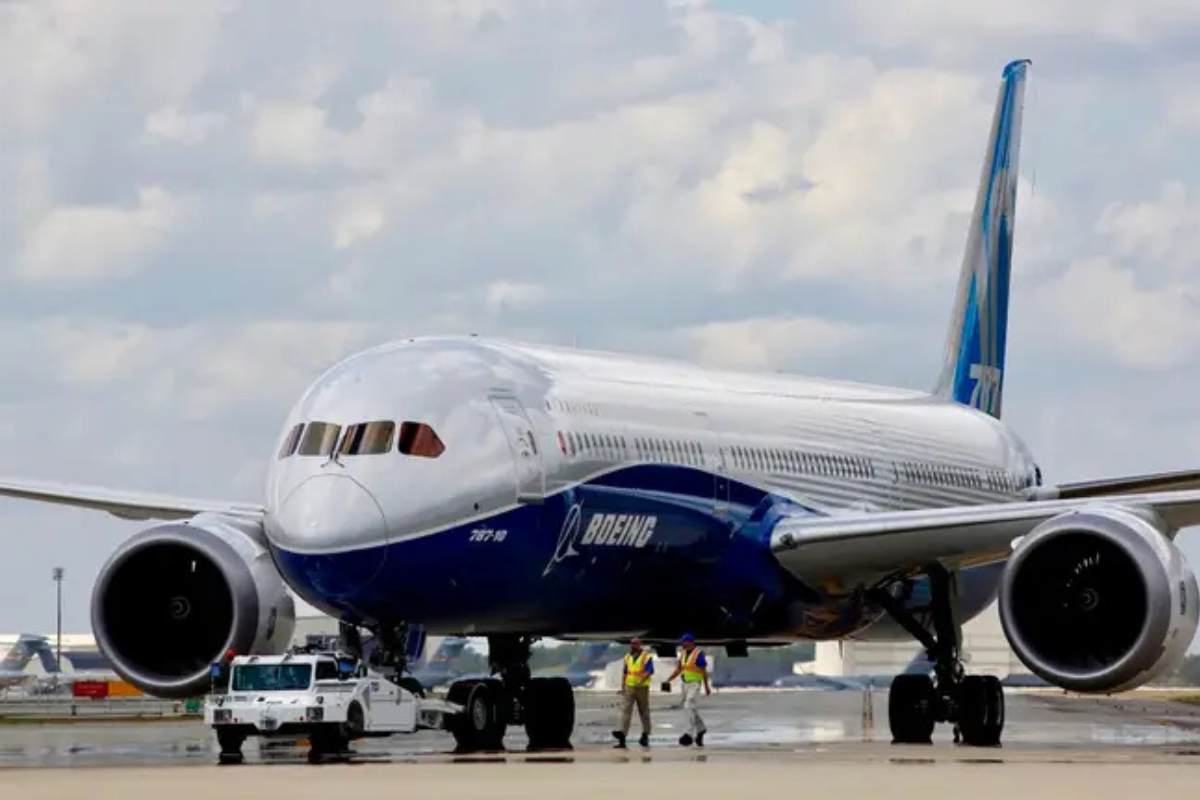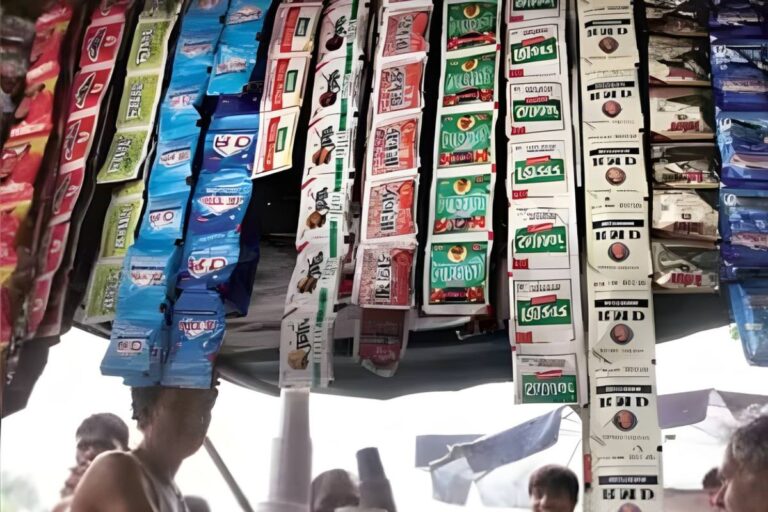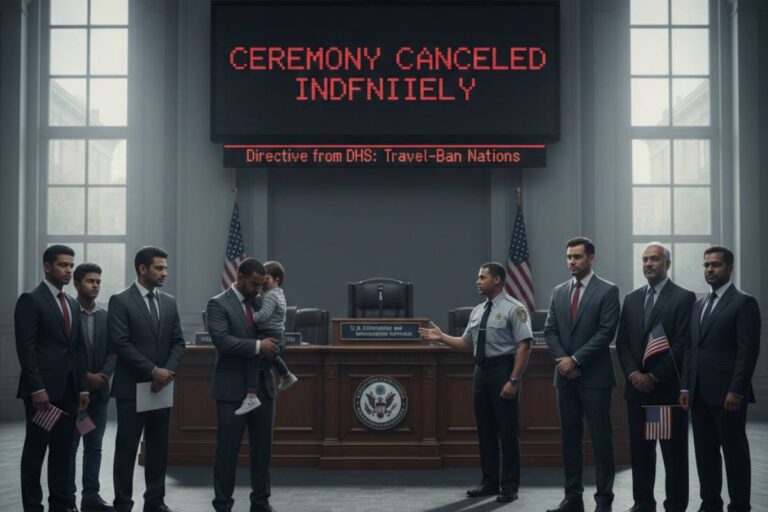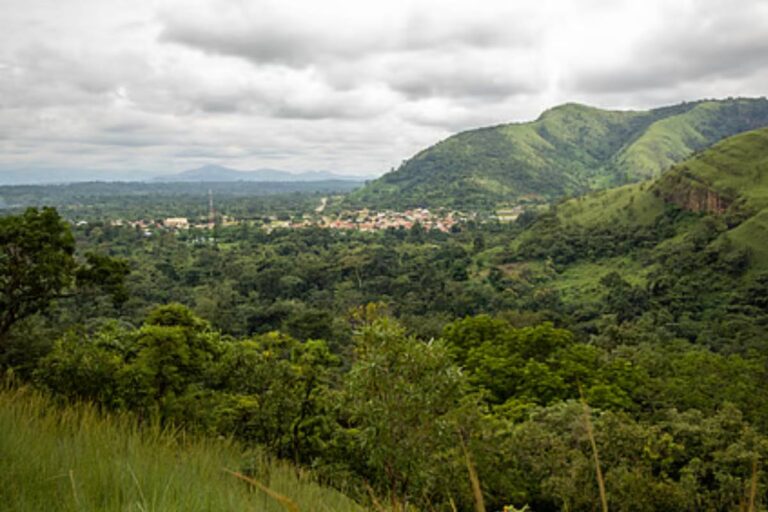Picture this: Bangladesh, a country best known (at least in the global economic arena) for its powerhouse garment industry, suddenly steps onto the world stage with a bold offer. Not just any offer, but one that involves buying a fleet of shiny new Boeing jets from the United States. Twenty-five of them, to be exact. The goal? To sweeten the deal with Washington and, fingers crossed, convince the US to ease up on those punishing tariffs that have been squeezing Bangladesh’s exports.
Wild, right? But that’s exactly what’s happening. And if you’re thinking, “Wait, can buying planes really change the game on tariffs?” well, you’re not alone. Let’s dig in.
Why Boeing? Why now? (And Why Should You Care?)
First off, let’s spill the beans: this isn’t just about airplanes. It’s about leverage. About playing the global trade game with the big kids. Bangladesh, facing a 35% tariff wall (thanks, Trump-era trade policies), is looking for a way in, a way to get its garments, its lifeblood, back into American closets without the price tag that’s been scaring off buyers.
So, what’s the play? Offer up a massive order to Boeing, a company that, let’s be honest, is practically a symbol of American industry. The hope is that Washington will see the gesture, do the math, and decide that a little tariff relief is worth the price of a few dozen jets.
Funny thing is, this isn’t the first time a country’s tried something like this. (More on that in a sec.)
The Backstory: Tariffs, Textiles, and Trump
Let’s rewind. The Trump administration, in its quest to “Make America Great Again,” slapped hefty tariffs on a bunch of countries. Bangladesh got caught in the crossfire, hard. The country’s garment sector, which employs millions (and, if I’m honest, keeps the lights on for the whole economy), suddenly found itself facing a 35% tariff on exports to the US. Ouch.
What happened next? Well, US buyers started looking elsewhere. Orders dropped. Factories felt the pinch. Workers, many of them women, worried about their jobs. The whole thing was, in a word, brutal.
But here’s the kicker: Bangladesh didn’t just sit on its hands. Nope. The government started looking for ways to turn the tide. Enter: the Boeing deal.
How Buying Planes Became a Power Move
You might be wondering, “Is this normal? Do countries really use aircraft deals to get better trade terms?” Short answer: Absolutely. It’s almost a tradition at this point.
A Few Famous Examples
- Japan: Not too long ago, Japan agreed to buy 100 Boeing jets as part of a broader trade agreement with the US. The result? Smoother trade relations, fewer headaches.
- Indonesia: Bought 50 Boeings, got a break on tariffs. Coincidence? Not really.
- China: For years, China’s massive Boeing orders were a not-so-subtle way to keep trade talks friendly (or at least, less hostile).
So, Bangladesh is following a well-worn path. The logic? If you want to get on America’s good side, buy American, especially when it comes to big-ticket items like airplanes.
Bangladesh’s Aviation Ambitions: More Than Just a Bargaining Chip
Here’s something you might not know: Bangladesh’s aviation sector is booming. Like, really booming. The country’s airports are busier than ever, with millions of passengers flying in and out every year. And Biman Bangladesh Airlines, the national carrier, is right at the heart of it all.
Biman’s Big Dreams
- Current Fleet: 21 aircraft, flying to 22 international destinations.
- Future Plans: Expand to 47 planes by 2034. (Ambitious? You bet.)
- Recent Moves: Ordered 10 Airbus A350s (yes, they’re playing both sides) and now, 25 Boeings.
Why the rush? Simple. Bangladesh wants to be a regional aviation hub. More planes mean more routes, more jobs, and, if all goes well, more tourists and business travelers spending money in the country.
The Economic Ripple Effect: Jobs, Trade, and Hope
Let’s break it down. What does a deal like this actually mean for Bangladesh?
- Jobs, Jobs, Jobs: More planes mean more pilots, more crew, and more ground staff. It’s a job-creation machine.
- Trade Leverage: By buying American, Bangladesh hopes to get a seat at the table when it comes to trade talks. Maybe even a little goodwill from Washington.
- Tourism & Connectivity: New routes could open up, bringing in tourists and making it easier for Bangladeshis to travel (or do business) abroad.
But it’s not all sunshine and rainbows. There are challenges, too, currency swings, competition from bigger airlines, and the ever-present risk that the US might just say, “Thanks for the planes, but the tariffs stay.”
The Human Side: What’s at Stake for Everyday Bangladeshis?
Let’s get real for a second. For the average Bangladeshi worker, especially those in the garment sector, this isn’t just about geopolitics or billion-dollar deals. It’s about putting food on the table. About keeping a job. About hope.
When tariffs go up, factories close. When factories close, families suffer. It’s that simple. So, if a Boeing deal can help keep the doors open, you can bet people are rooting for it.
The US Angle: What’s in It for Washington?
Now, you might be thinking, “Why would the US care?” Well, here’s the thing: Boeing is a big deal in America. It supports hundreds of thousands of jobs, pumps billions into the economy, and, let’s be honest, makes for some great political talking points.
So, when a country like Bangladesh comes knocking with a big order, people in Washington notice. It’s good for business. Good for jobs. And, if the timing’s right, good for politics.
The Global Picture: Trade, Tensions, and the Future
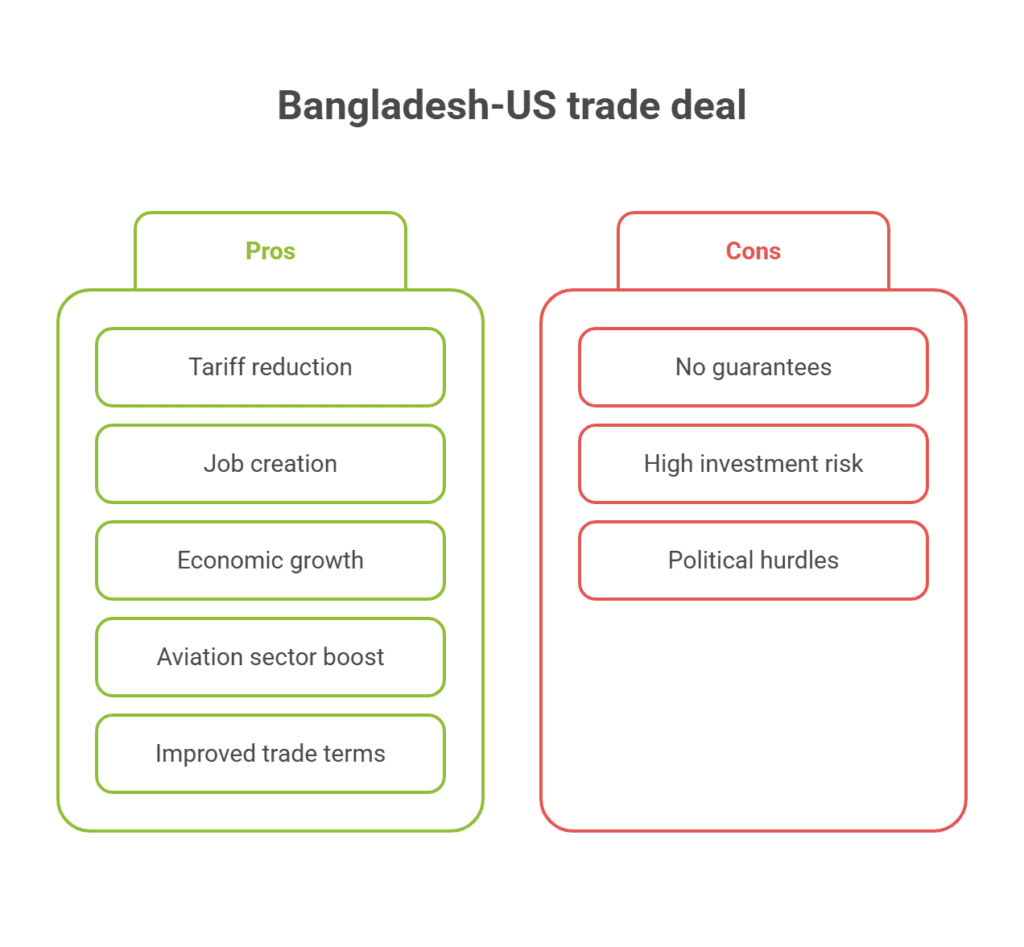
Let’s zoom out. This isn’t just about Bangladesh and the US. It’s about how countries use trade, sometimes in creative, unexpected ways, to get what they want. It’s about the push and pull of globalization, the dance of diplomacy, and the ever-changing rules of the game.
And, believe it or not, it’s about hope. Hope that, with the right moves, even a small country can make a big impact.
What You Need to Know
- Bangladesh is offering to buy 25 Boeing jets from the US.
- The goal? Lower those painful US tariffs on Bangladeshi exports.
- This strategy has worked for other countries: Japan, Indonesia, and China.
- Bangladesh’s aviation sector is growing fast, with Biman Bangladesh Airlines leading the charge.
- The deal could mean more jobs, better trade terms, and a brighter future for millions.
- But it’s a gamble. There are no guarantees.
What’s Next?
So, what happens now? Will the US bite? Will the tariffs come down? Or will Bangladesh be left holding the (very expensive) bag?
Nobody knows for sure. But one thing’s clear: Bangladesh isn’t afraid to play hardball. And in a world where trade wars and tariffs are the new normal, that kind of boldness just might pay off.
If you’re into global trade, aviation, or just love a good underdog story, keep your eyes on this one. Because, as history shows, sometimes the little guy really does win.
Final Thoughts: The Art of the Deal (Bangladesh Edition)
Here’s the bottom line: Bangladesh’s Boeing bet is more than just a business deal. It’s a statement. A challenge. A hope. Will it work? Only time will tell. But for now, you’ve got to admire the guts. The creativity. The willingness to try something new, even if it means buying a few dozen planes to get the world’s attention.








